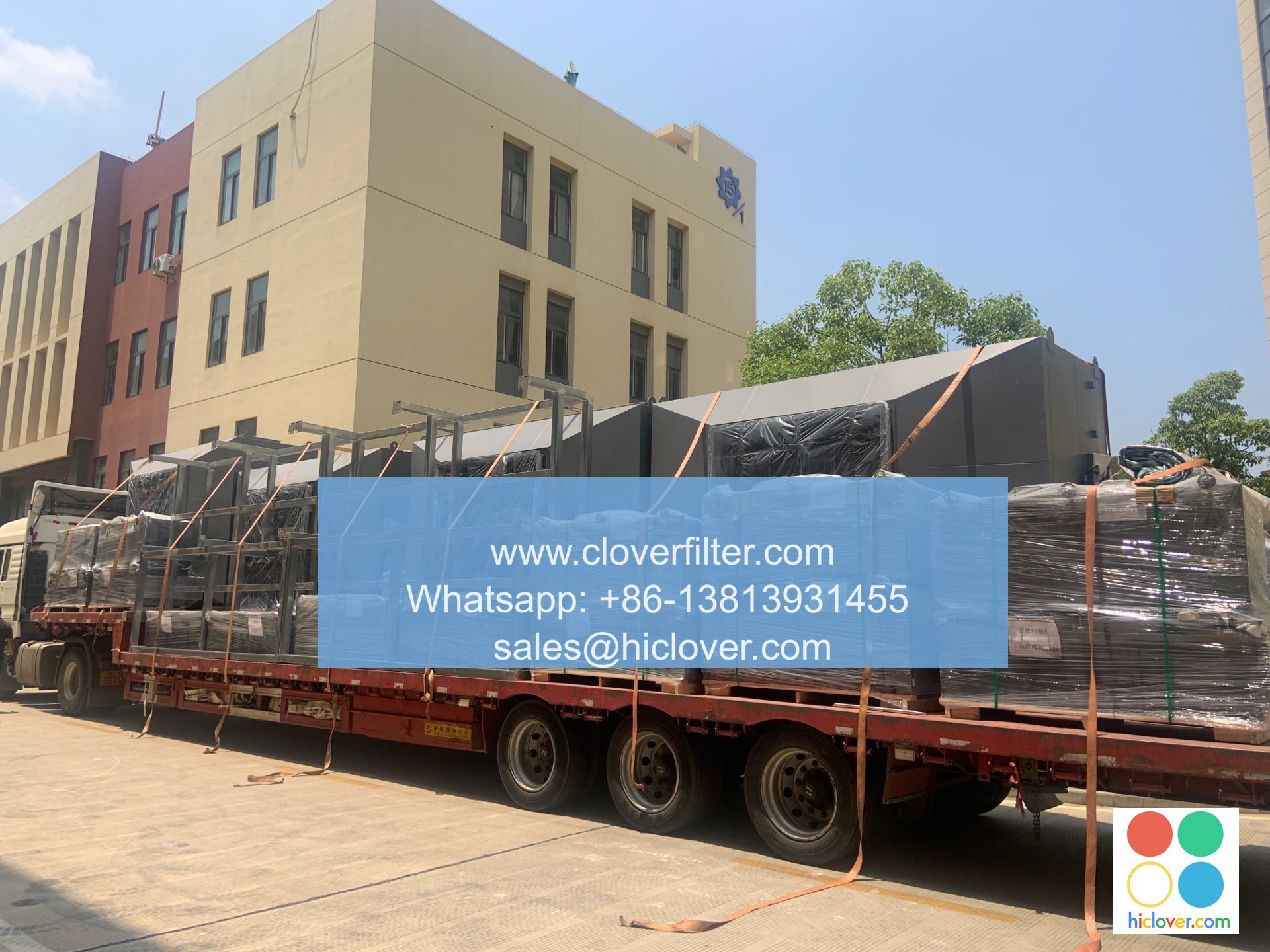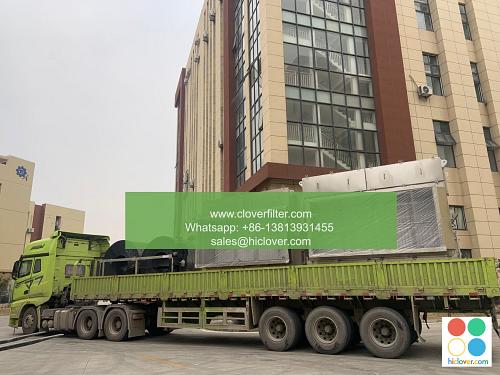Revolutionizing Indoor Air Quality: The Future of Air Filter Integrations

As the world becomes increasingly aware of the importance of indoor air quality (IAQ) and its impact on human health, the demand for innovative air filtration systems is on the rise. The integration of advanced air filter technologies into various applications is transforming the way we breathe, work, and live indoors. In this article, we will explore the future of air filter integrations and their potential to revolutionize indoor air quality (IAQ) in different sectors.
Residential Air Quality: A Breath of Fresh Air
The residential air quality market is witnessing a significant shift towards smart air purification systems that integrate HEPA filters, activated carbon filters, and UV light technology to provide a comprehensive solution for indoor air pollution. These systems not only remove particulate matter (PM), volatile organic compounds (VOCs), and nitrogen dioxide (NO2) but also monitor and control humidity levels and temperature to create a healthy indoor environment.
Commercial Air Quality: Enhancing Productivity and Well-being
In the commercial air quality sector, air filter integrations are being used to improve indoor air quality (IAQ) in offices, hospitals, and schools. Advanced air filtration systems are being designed to remove airborne pathogens, allergens, and pollutants from the air, creating a healthier and more productive environment for occupants. The use of IoT-enabled air quality sensors and data analytics is also becoming increasingly popular, allowing building managers to monitor and optimize indoor air quality (IAQ) in real-time.
Transportation Air Quality: Clean Air on the Move
The transportation air quality sector is another area where air filter integrations are making a significant impact. Air filtration systems are being integrated into vehicles, trains, and airplanes to provide clean air for passengers and crew. These systems use advanced air filter technologies such as nanofiltration and bioregeneration to remove airborne pollutants and odors, creating a healthier and more comfortable travel experience.
Industrial Air Quality: Protecting Workers and the Environment
In the industrial air quality sector, air filter integrations are being used to protect workers from hazardous air pollutants and particulate matter. Advanced air filtration systems are being designed to remove chemical fumes, dust, and metal particles from the air, creating a safer working environment. The use of sustainable air filter technologies such as recyclable filters and energy-efficient systems is also becoming increasingly popular, reducing the environmental impact of industrial operations.
Conclusion: A Breath of Fresh Air for the Future
In conclusion, the future of air filter integrations holds great promise for revolutionizing indoor air quality (IAQ) in various sectors. From residential air quality to commercial air quality, transportation air quality, and industrial air quality, the use of advanced air filter technologies is transforming the way we breathe, work, and live indoors. As the demand for clean air continues to grow, we can expect to see even more innovative air filtration systems and air quality solutions emerge, creating a healthier and more sustainable future for generations to come. You haven’t provided a prompt or question for me to respond to. Please provide more context or information so I can assist you better. What would you like to talk about or ask?

